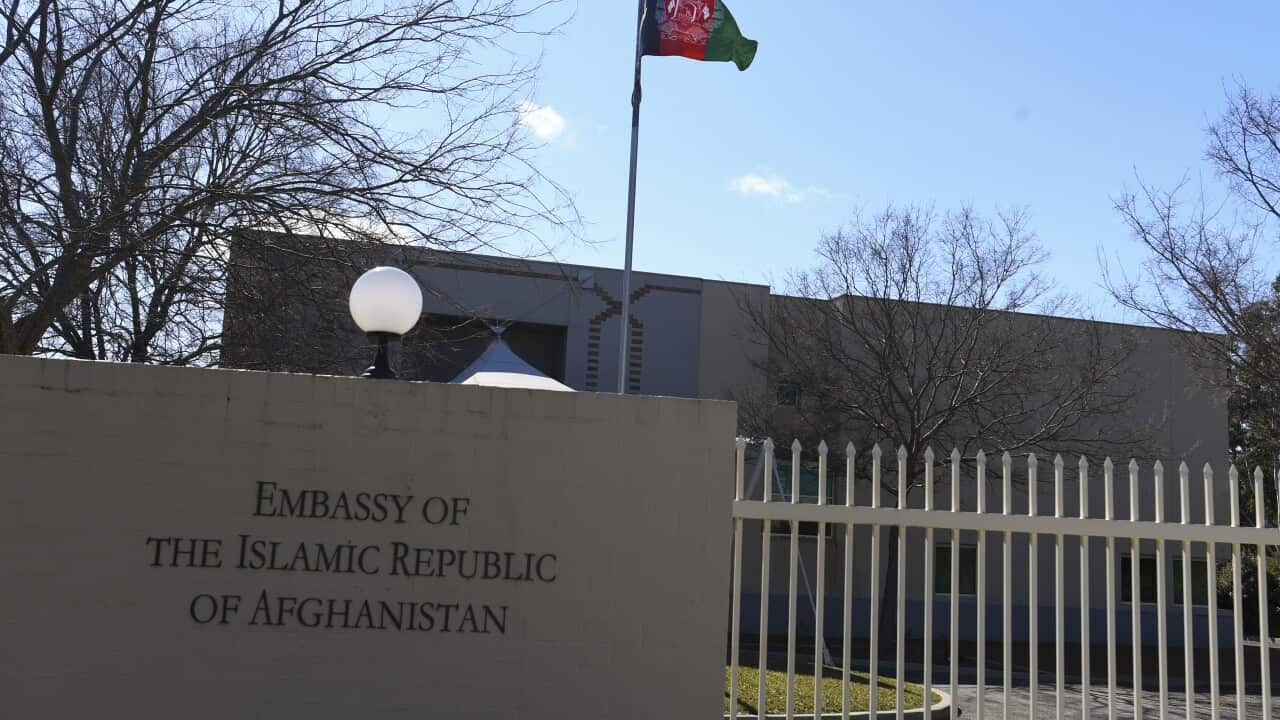Jyoti Mysuru, an IT professional from Bangalore, migrated to Australia in 2014. Inspite of having 8 years of work experience and being highly-qualified, she struggled to find a job in Australia.
"I came in 2004. I started looking for jobs with help of agents. But the companies stressed a lot on local experience. But without anyone giving me a break, how could I get local experience? It was a dreadful cycle. But then I started volunteering with a company. I later got a job. But it did not end there. The permanent job soon was converted into a contract that ended in 3 months. I am back to job-hunting," she says.
Jyoti is one of the several thousands migrant women who have made Australia their home but are finding it difficult to get jobs in spite of being well-qualified.
A federal government commissioned report has called them "Hidden economic assets." That's the term coined to describe the tens-of-thousands of highly qualified migrant women in Australia who can't find work in their field of expertise. It looks into the reasons why, how it can be overcome, and the effects it has on Australia's economy.
According to new research by the settlement agency AMES [AIMS] Australia and funded by the federal government, women who arrive as the spouses or partners of skilled migrants face significant barriers to getting employment.
The Chairman of the main body representing ethnic communities, the Federation of Ethnic Communities' Councils of Australia, Joe Caputo, says the report's findings are not surprising. He says the so-called "trailing spouses" are under-utilised and under-employed and it's a real shame. "I think it's quite obvious that once women with the right skills are employed in a given enterprise or the general economy, everybody benefits because it provides the skills that are needed in this country."
The study noted that between 2010 and 2015 at least 157-thousand women over 18 years old migrated in the family stream, while more than 181-thousand women migrated in the skilled stream.
Most of the women in both categories were partners or spouses.
The study identified a number of barriers to finding work, including a lack of knowledge from employers about temporary visas and work rights.
When it comes to the migrants themselves, the study found many don't have an understanding of Australian workplace culture and recruitment practices.
The report found that it's these reasons, together with a lack of local experience, domestic responsibilities, access to transport and proficiency in English are all recognised as barriers to employment.
FECCA's Joseph Caputo says there needs to be a two-pronged approach to address the issues. "Information is extremely important to make sure that women do become aware that opportunities exist here and the other is to make employers more aware that cultural diversity in the workforce is very good for their business."
A statement from the Department of Prime Minister and Cabinet says:
"The Department supports the report's recommendations in principle, including: practical interventions to support women partner migrants to gain employment, piloting an early intervention program, and producing information to help migrant women find jobs. We also note the alignment with work currently underway across government to break down barriers and support women partner migrants find jobs that contribute to the Australian economy."




